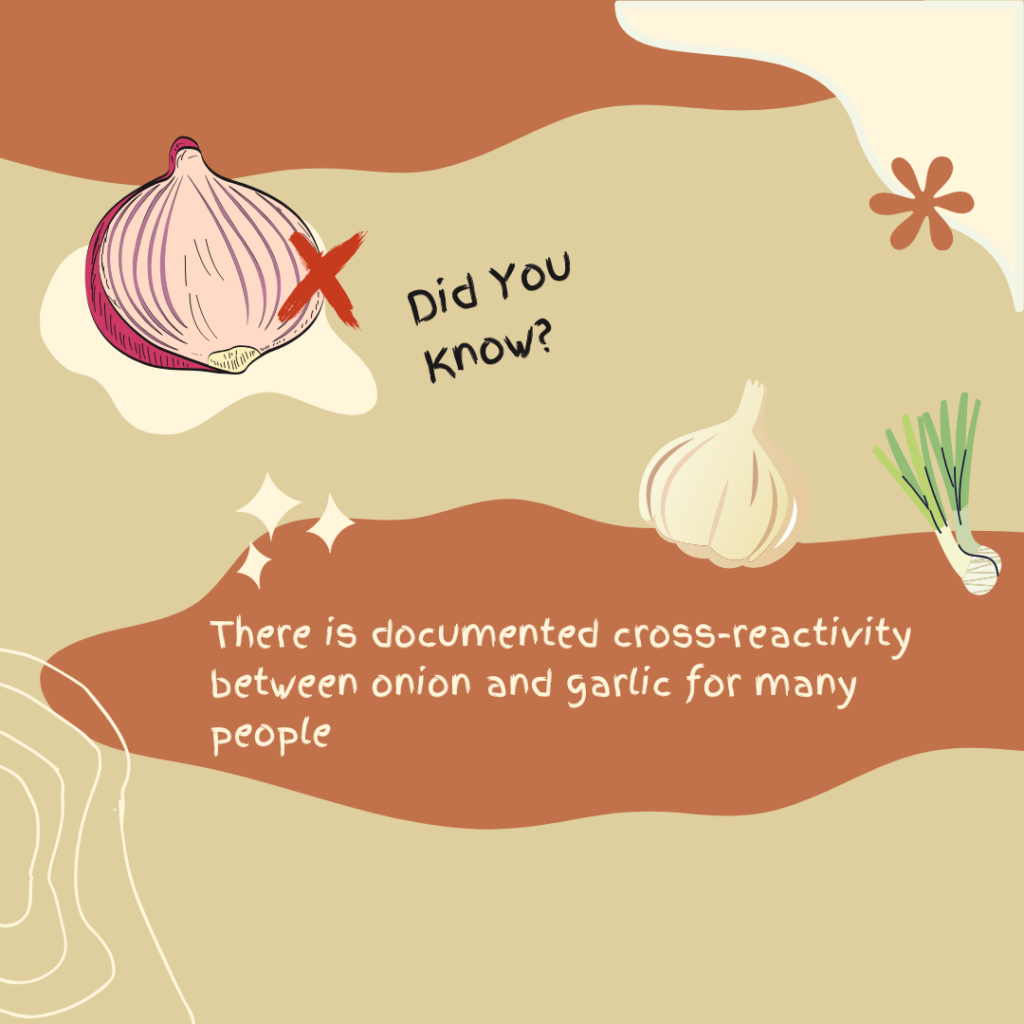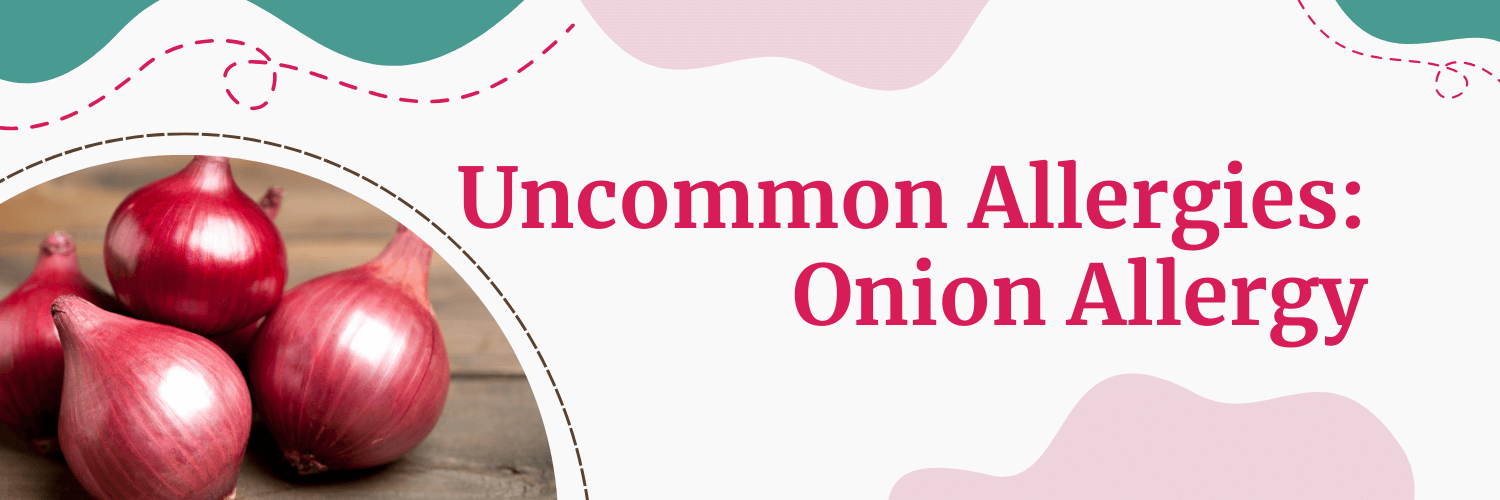Some food allergies get a lot of screen time. Peanut allergies and shellfish allergies are the two most common ones you can find online just about anywhere you look for information. But others don’t get the same amount of information. One of those is an onion allergy. What’s the deal with that? Can you be allergic to onions but okay with other root vegetables? How can you work with this food allergy? Below, we’ll cover the role of allergy testing, common insights to understand an onion allergy, and how to stay in control of your diet!
The basics of an onion allergy
Let’s start simple and look at what an onion allergy is. Like many food allergies, it’s an allergy to a protein in the onion itself. In the UK, severe onion allergies are rare, so most people have mild reactions. That’s not to say that they should not be taken seriously, though! Food allergies easily interrupt daily routines and make eating in new places very challenging.
There is documented cross-reactivity between onion and garlic for many people. If you are allergic to onion, you will most likely react to garlic, too, even if you aren’t technically allergic to it. It is very rare to be allergic to onion and garlic independently, with only 1 in over 3,000 cases being allergic to both.
What is cross-reactivity?
This is the fancy term that describes when you are having an allergic reaction to something that you aren’t technically allergic to. This may lead you to ask yourself: “Can you be allergic to onions instead of other things?” and you would be correct.
Like the example of onion and garlic above, you can react to garlic even if you are not allergic to it. This is because the proteins in garlic are similar to that in onions. Other common cross-reactions for an onion include leeks, asparagus, and chives.
The often troublesome cross-reactivity is partially why you really should prioritise allergy testing. It can be difficult to know what the allergen is and what is just a cross-reactive response. While both are important to avoid, of course, it helps to know what the actual trigger is.
If you get an at-home test for allergies, you can get your results and use those to inform yourself about common cross-reactions. Knowledge is power, and this is one of the best ways to see how this is so true.
How to avoid onions when cooking
If you enjoy cooking and you are used to onions being the base to, well, everything, don’t fret. You can still make your favourite dishes and be creative in the kitchen. You will just need to make a few changes.
When seasoning your veg, try out tomato, ginger, and coriander seed. This is a great way to enjoy some much-needed flavour on your greens. If you want to make an allergen-free marinade, go for ginger powder and fresh coriander. This will give it a kick for your tastebuds. Opt for poppy, coriander, and fennel seeds if you’re trying to make something a bit more spicy, such as curry. Mix that with coconut, and it’ll be the ideal curry base for when you’re looking for something that tastes like it should but is still free from onion and garlic.

Some additional onion precautions
Because onion and garlic are used in many European dishes, they’re considered standard. This means that even a trip to the market can put you at potential risk of an allergic reaction. For example, many tinned soups mix dehydrated onion powder with their ingredients. The dehydration will strengthen the ingredients, so you will likely have an allergic reaction. It is in many types of jarred pasta sauce, too, among other places.
Another problem area is restaurants. If you order a seemingly harmless pasta dish, it could be cross-contaminated with onion or garlic, even if the food itself is safe. Whether mild or severe, allergies are always a serious situation.
Before you go out to eat anywhere soon, consider allergy testing so that you know what you are reacting to and what could possibly cause a reaction. It’s always better to be safe than sorry, and since this one is very uncommon, it might be a bit harder for some people to take it seriously.
Every food allergy is valid, even something as uncommon as an onion allergy. When searching for a way to understand its potential a bit more, use this article as your launchpad to explore the world of onion allergies, garlic cross-reactivity, and how you can enjoy life in the kitchen, even with that to think about and consider.





